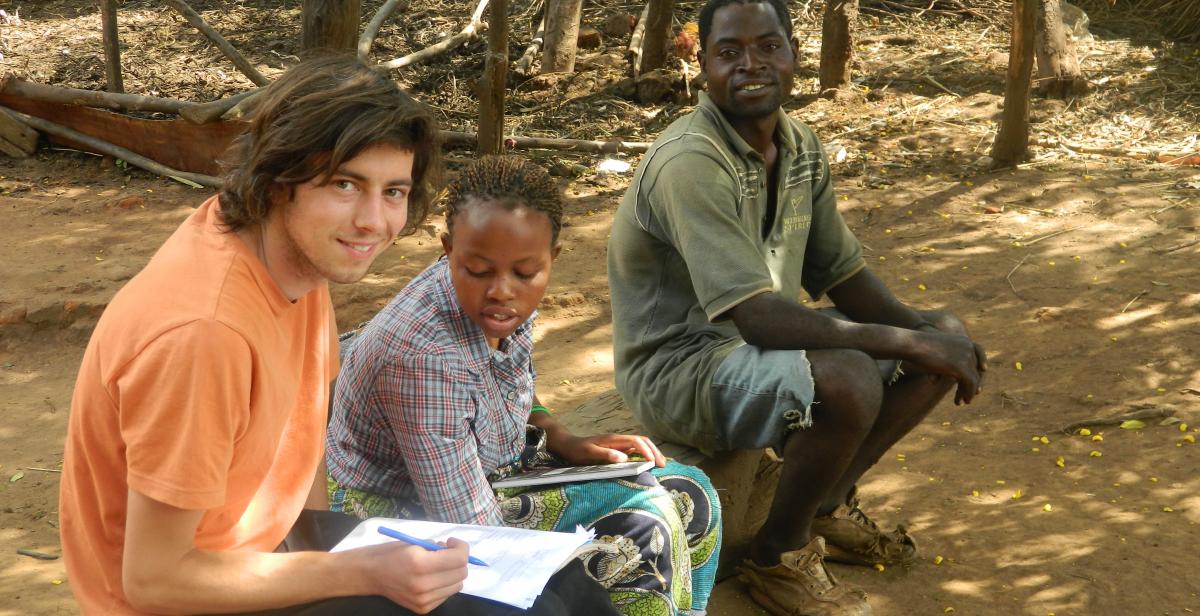The placement is still going on, many things are happening. So far we have done so many activities like participatory diagnosis in Katengeza and Phalazi villages, attending life skills training, training the youths at Malingunde primary and secondary schools and also the youths at the youth centre in T.A Masumbankhunda’s compound as well as the youths at Phalazi village on life skills. We also did PHAST survey in Phalazi and Katengeza villages and cooking demonstration at Phalazi village during an activity on food processing. During participatory diagnosis the villages were able to come up with their vision statement, action plan, as well as prioritised crops and the prioritised crops are now planted.
Phalazi is a group village head under T.A Masumbankhunda and it has 10 villages which are Chionaine, Mkambayani 1, Mkambayani Wansalu, Eleson, Chasaza, Phalazi Njuzi, Phalazi Zamadzi, Manyonga, Chikanamoyo and Mchambo. Katengeza is under group village head Maziro in T.A Maliri. Phalazi and Katengeza are our model villages in these T.As, chosen by ASI with the help of these T.As.
The interesting story is that these villages lack good sanitation and hygiene. We did PHAST(Participatory Hygiene and Sanitation Transformation) surveys in these villages. In Phalazi they use Likuni river and Mphangwe dam as a source of water for bathing, washing dishes, washing clothes, as well as drinking and there is no water treatment. They just draw water and drink which is a very bad situation since the same river is used by the livestock and also people and this is common in rural areas of Malawi. In Katengeza the situation is the same only the difference is they use a shallow well as a source of water. With this situation this is why we have cholera outbreaks each year in Malawi, and this has affected Malawi as a whole in the sense that the government uses money to buy medicine for cholera patients instead of using the money for other development works.
With the same survey we also found that these villages have unprotected sanitary facilities like toilets, wash rooms, rubbish pits and dish racks. The majority of people in these villages said they have no dish racks which mean they use plates while they are wet which increases the multiplication of germs. Their rubbish pits are very close to the houses, the toilets and washrooms have no roofs or windows, they use washrooms as toilets in the sense that they use a washroom as a toilet when they want to pass urine. Many washrooms are falling down due to poor drainage and all these things increase the spread of water-borne diseases.
Considering that the situation in these villages is bad, quick help is needed thus we came up with the PHAST campaign which we have planned to have before this placement ends. This campaign we think will help these communities change from a worse situation to a better one.
Blog by Violet Nkhoma
Photo: Uk volunteer Andy Griffiths and national volunteer Violet Nkhoma conducting PHAST survey in Katengeza village



